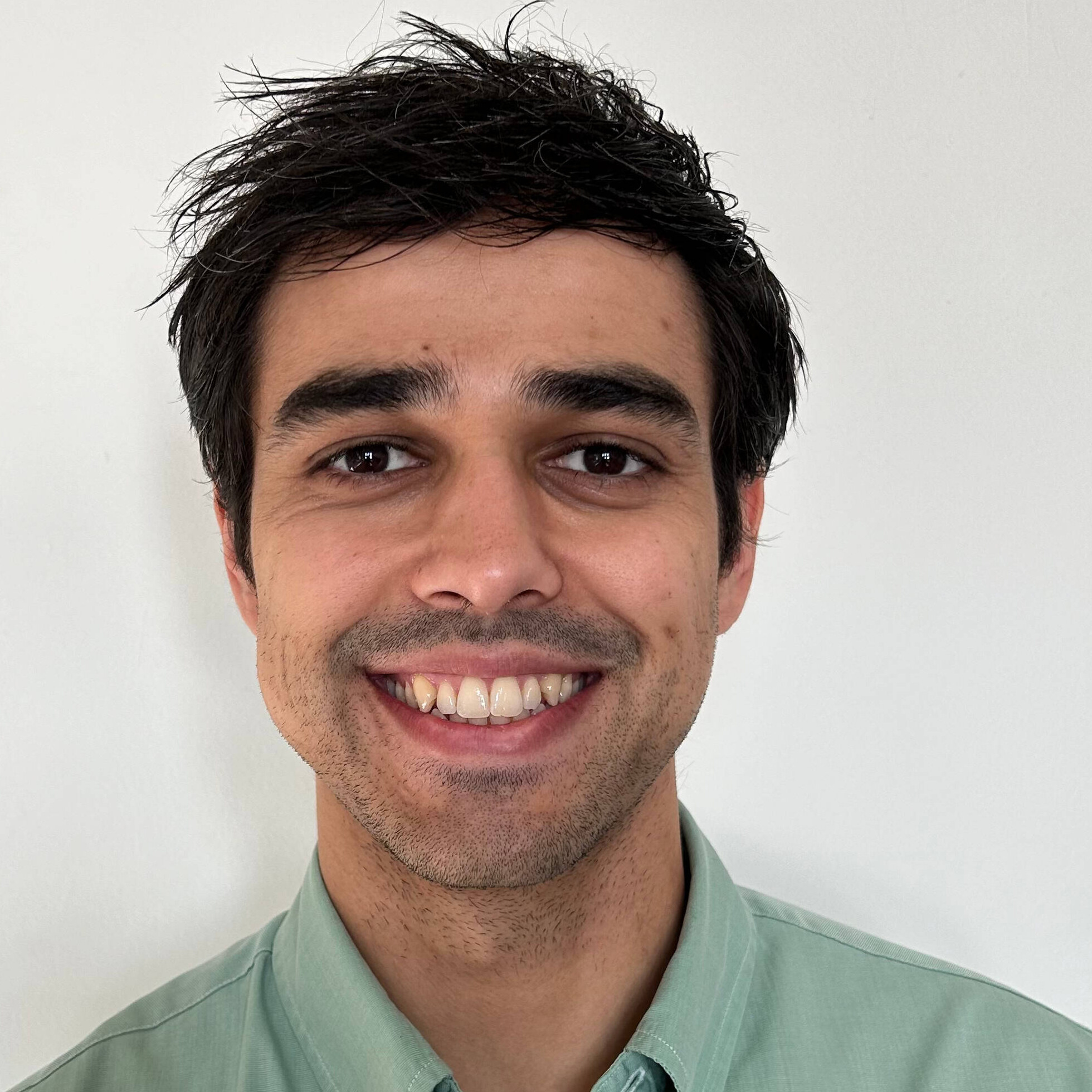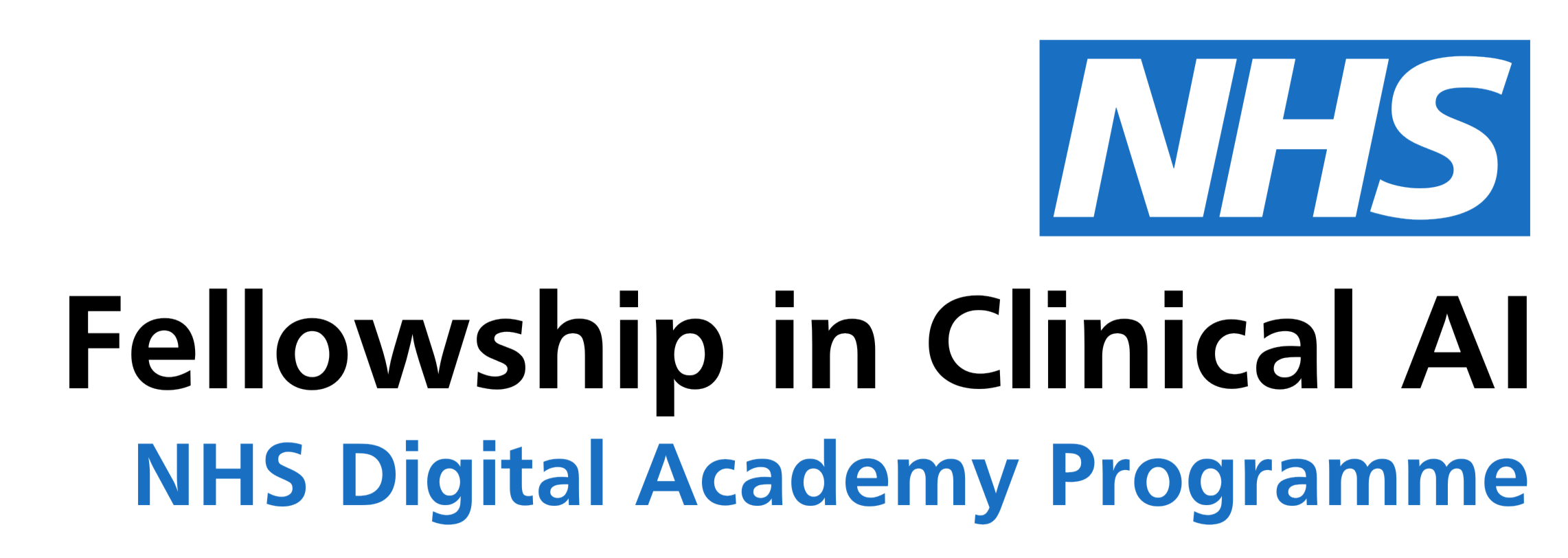
Joshua Khan
Fellow in Clinical AI, Cohort 3
Fellowship Bio
I am a public health doctor, based in the South West, currently working in national roles. I’m passionate about safely utilising AI to drive change and innovation to improve our populations health and wellbeing.
Fellowship Project
A regional approach to facilitating local digital clinical safety for an AI based risk stratification tool
NHSE South West Region
This project set out to support the implementation of Brave AI, an AI tool that predicts which patients are most at risk of hospital admission in the next year. This was part of the South West NHSE Digital Neighbourhood Programme (DNP), which was involved in supporting the implementation of Brave AI across more than 40 PCNs in the South West. The DNP took a novel regional approach to digital clinical safety by providing a framework of clinical safety documentation which PCNs could localise to their local needs and processes. This helped teams across the region avoid duplication of this work and decreased the time commitment for local teams to complete their digital clinical safety documentation, mitigating a barrier to implementation. Through the fellowship I worked closely with PCNs in this localisation process, supporting them to adapt their own SOPs and tailor their Hazard Logs to their local context. I was involved in setting up new support mechanisms to guide PCNs through this process. Additionally, I organised and facilitated action learning sets—collaborative sessions where staff from across the region could come together, share their experiences, and solve challenges linked to the implementation of Brave AI. These sessions helped build a supportive community and encouraged shared learning. Most PCNs in the programme have now completed the initial digital clinical safety process and are ready to use Brave AI, though there are still some that require this localisation of the digital clinical safety documentation. Next, we plan to review how well this regional approach has worked, how it could be improved and explore whether it could be used more widely. The approach could have potential application in digital tools that are planned to have a wide roll out.
Fellowship Testimonial
The flexibility and range of opportunities offered by the fellowship allowed me to gain broad, practical experience and learn in ways tailored to my interests and goals. This approach enabled me to develop skills and experiences across the AI lifecycle and, as a result, I have gained a more complete perspective on both the challenges and opportunities involved in implementing AI tools in healthcare. From early on in the fellowship, these skills and experiences unlocked more opportunities, both within and beyond the fellowship project. For example, through requests to be involved in AI-focused academic work and to support more strategic projects, such as developing an assessment framework for AI tools within UKHSA. Linked to this, a key benefit of the fellowship for me has been the professional networks formed—with other fellows, teams involved in the masterclasses, through the fellowship project work and through these other opportunities that have come about because of the fellowship. These connections have already led to further opportunities and have been a useful source of support and advice. Following on from the fellowship I plan to continue to build by academic AI portfolio and to build upon my digital clinical safety experience. This year has positioned me so that in my next job role, following the fellowship, I can be involved in the implementation of clinical AI in a variety of settings, including a local trust and a national NHS team. In the long term, I believe this fellowship has given me the foundational skills, experience and network to safely utilise AI to drive change and innovation to improve our populations health and wellbeing.


